What is a Blog and How is it Different from a Website?
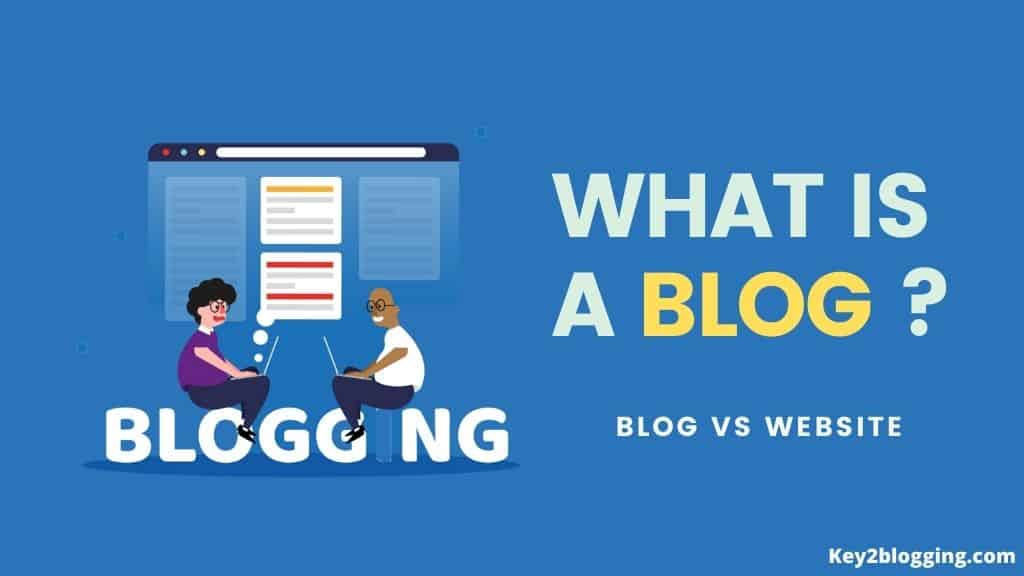
What is a Blog?
A blog is a type of website where the contents are displayed in reverse canonical order (newer content appears first). Each content post in the blog is called a “blog post”.
A blog can be run by an individual or by an organization and is posted in a conversational style. You can easily start your blog by using platforms like Blogger, and WordPress which provide you the complete freedom to design your blog with different templates and designs.
Some examples of common types of blogs include personal blogs, fashion blogs, food blogs, and travel blogs. Many businesses and organizations also use blogs as a way to share company news, product updates, and other information with their customers and followers.
A fresh blog is more likely to get the attention of people and search engine. But it does not mean that old blogs are useless, you can give your old blog post a fresh look by updating the content regularly.
What is the basic structure of a blog?
- A chronological listing of blog posts
- A comment system that helps the reader discuss their queries and problems with each other.
- Blog posts include the date, category, sub-category, tags, and author profile.
- Subscribe button to hook readers for future blog posts.
Here is some Example of some popular blogs Backlinko, shoutmeloud, ahrefs, Guide blogging, techyleaf, key2blogging & the list goes on.
History of the blog
Blogs generally evolved from online diaries and journals in the 90s. At that time many people share their personal life, experience, and knowledge on web pages. They called it a “weblog” and it will then be called “Weblog” and finally just “blog“.
To see the popularity of weblogs many companies started to develop tools that help them easier to manage and publish their blog.
First, in 1999 popular blogging platform, blogger.com was introduced and it was later acquired by Google in 2003.
Another popular blogging platform WordPress introduced in 2003 and now it is the most popular blogging platform now with over 30% of the market share.
What is a Website?
A website is a collection of webpages and related content that is identified by a common domain name and has a web server that stores all the data of the website.
The website is often dedicated to a particular niche like Education, Social media, eCommerce, Entertainment, and others.
All website starts with a Homepage and it will link to all other pages of the website by a hyperlink. A hyperlink is basically a clickable link on the web pages which connects to other web pages. If a user clicks on any hyperlink it will take to other web pages and work as a bridge or portal between two web pages.
All websites and webpages constituted a world wide web and it was created in 1990 by British physicist Tim Berners-Lee.
At first World wide web is not freely available to all users but later CERN announced the WWW would be free to use by anyone.
It works on Hypertext Transfer Protocol (HTTP) which defines some set of structures or rules to retrieve some files from servers.
A website is often misinterpreted as a blog but there is some slight difference between them. So let’s discuss it.
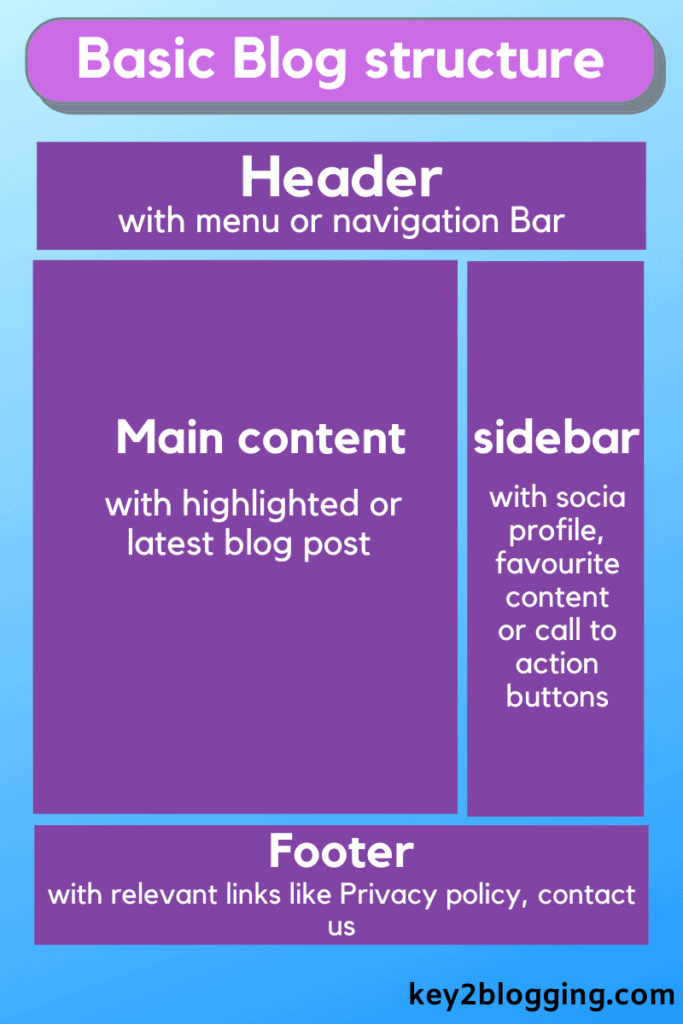
Basic identification of a website:
- A home page that links out to other webpages
- A designed portfolio of work
- A dedicated blog page
- A page/ section of Frequently asked questions
- A privacy policy and contact us page
- A feedback form and a newsletter
- A service or product page that the website provides to visitors.
How is a Blog Different from a Website?
A blog is a part of a website and the contents are updated in regular basics but the website tends to be much more static and organized into pages.
Blogs generally help for educating purposes and the website is used for different other purposes like selling products or services, general information about the organization, contact information, etc.
In the early days, blogs are only used by online personal journals and news organizations. Still, many businesses also started to integrate a blog section on their website as it has audience retention capabilities.
A blog also builds trust and credibility in readers and eventually helps the business to get more leads and sales.
A website consists of pages and can be stored in different categories based on their content type.
For example, the Home page, contact us page, Services page, about us page, etc.
A blog consists of posts that are also arranged in reverse canonical order (newer content comes first). In the blog post, you will see text, images, videos, infographics, and more with an author bio and commenting system.
Should I have a blog on my website?
Reasons Why Your Website Should Have a Blog
1. Drive traffic to your website.
Adding a blog to your small business website may just make sense. With minimal expense and effort, you can boost search engine rankings, build credibility, increase website traffic, and foster relationships with customers.
2. Convert traffic into leads.
As the blog help you get more traffic, you can use those traffic to generate a lead for your business. You can add some call-to-action buttons or offer some free stuff like Free eBooks, coupon codes, etc. Now you can follow up which leads to generating more sales for your business.
3. Become an authority.
If you provide your users with some interesting and helpful information and solve the problems of the customer they are more likely to trust your website and want to do business with you.
4. Boost your social media efforts.
If your blog content is unique and helpful then you will get more social shares and more people will connect to you and this will help you grow your business.
5. Drive long-term results.
Having a blog on a business website brings some long-term benefits like greater SEO performance and greater online presence. And Blog posts are the easiest way to get traffic and generate more sales. That’s why every popular website like Apple, Microsoft, and Google has a blog page on its website.
FAQs
In the next post, we will discuss what is Domain and hosting and how to link them to build an amazing website.
If you don’t want to miss this Blogging series then join the Newsletter for updates on my new post with other exciting content.
Thanks for reading,
Happy blogging.
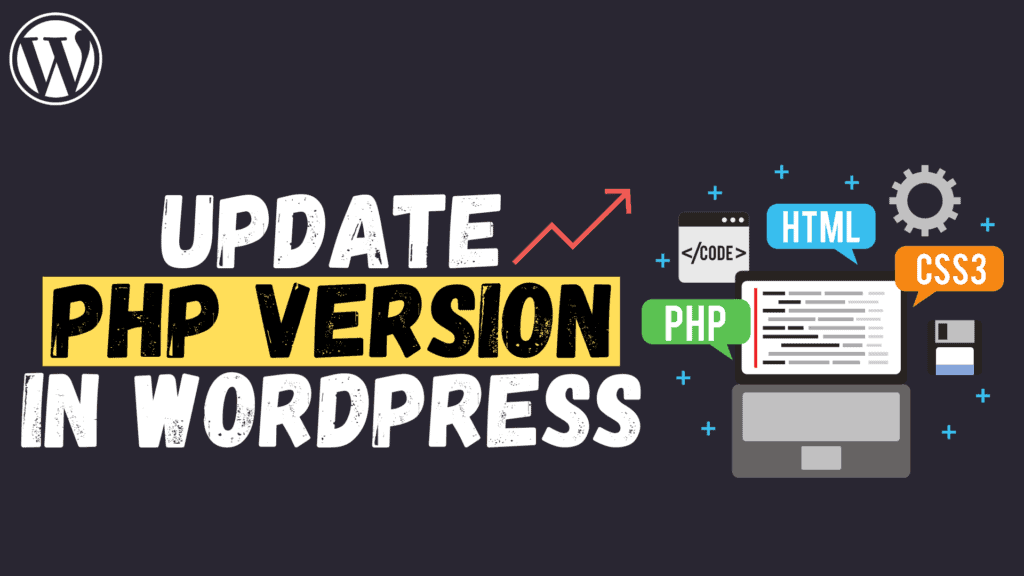
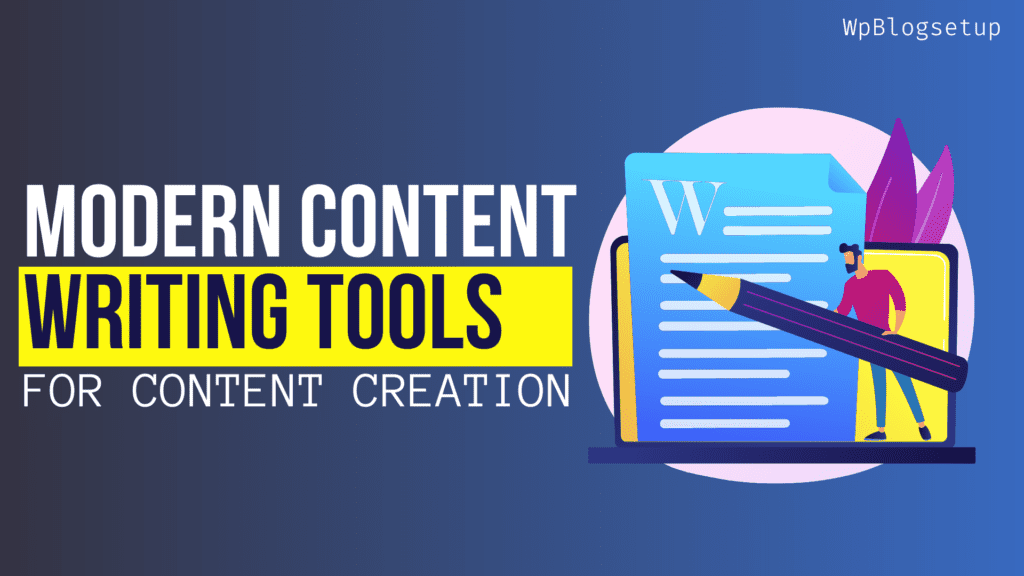
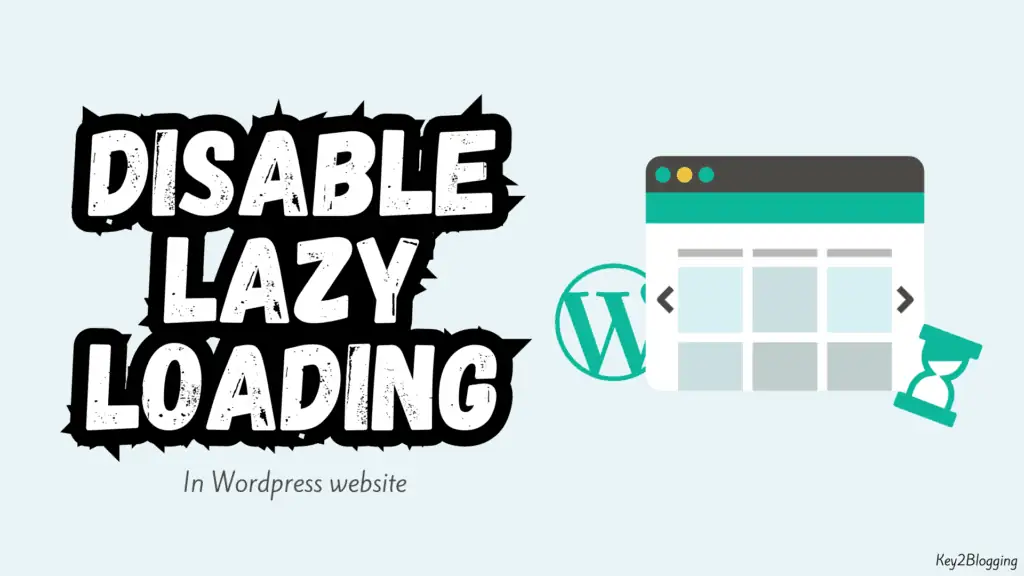

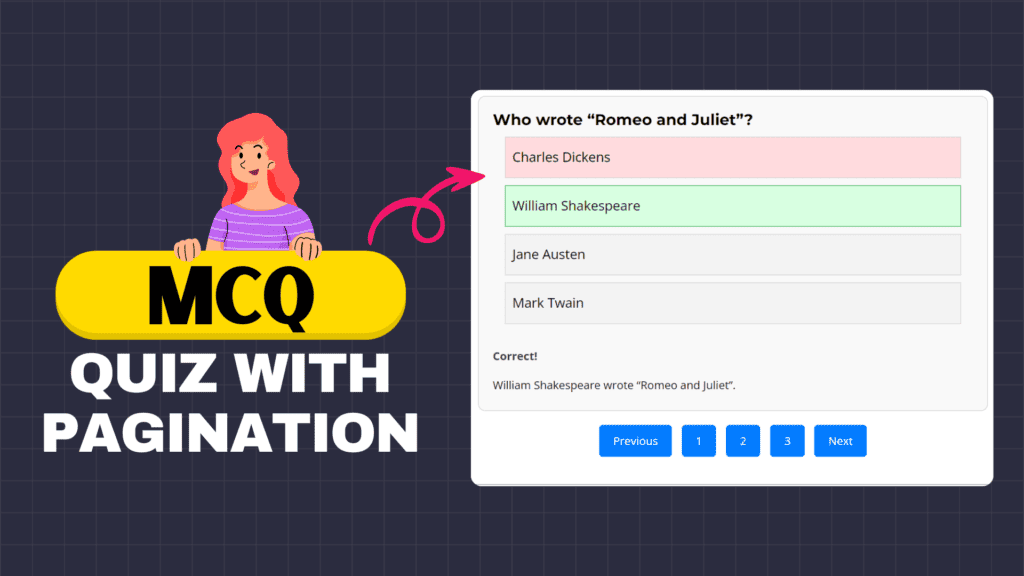
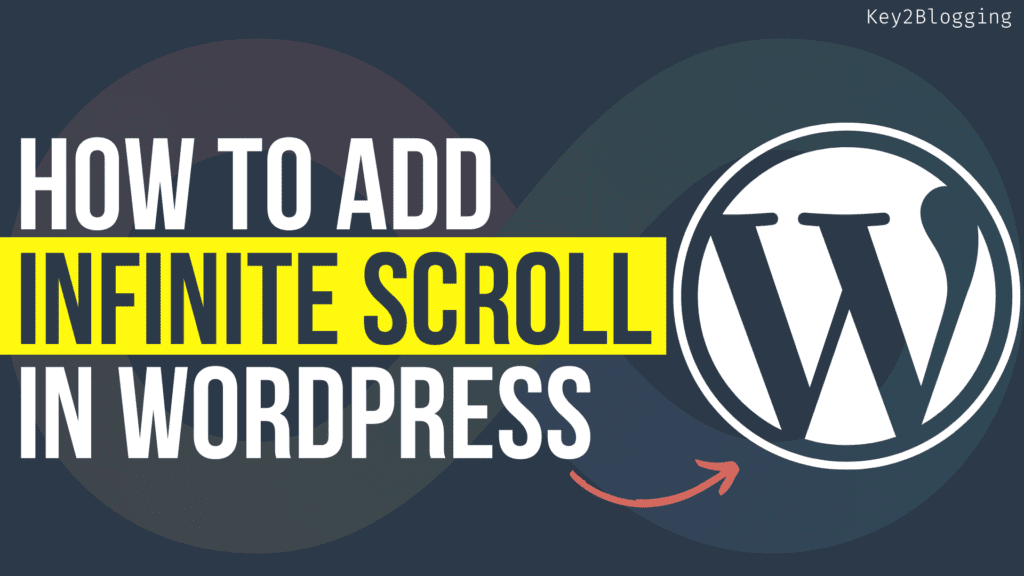
i read your post, it is very interesting post about blog. it is very helpful for blogger beginners.
“A fresh blog is more likely to get the attention of people and search engine.”
I would like to contradict here. Google generally gives higher priority to the old blogs/websites compared to a fresh one when it comes to the appearance on the search results (exceptions are there).
Correct me if I am wrong.
However, it was a very insightful post.
Yes, it needs time for the new blog to rank in the Search result, but it has the long-term benefit of having a blog on website.
Really having a blog in website helps website rank in search result. Nice post 👍